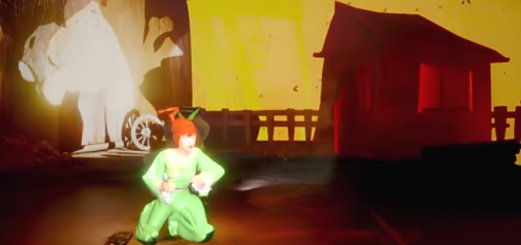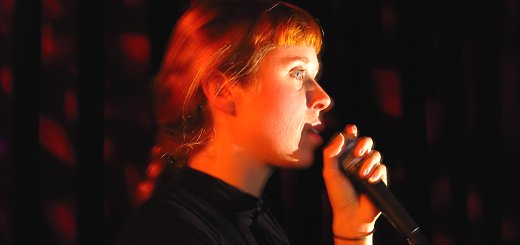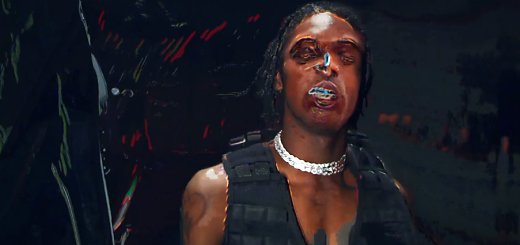Holly Herndon on AI vocal clones: An opportunity

An interesting conversation in Wired with the "computer musician" Holly Herndon, who created an AI-powered vocal clone called Holly+ that is, at least theoretically, infinitely capable. “There’s a narrative around a lot of this stuff that it’s scary dystopian. I’m trying to present another side: This is an opportunity" - Herndon says. She recently released Holly+’s cover of Dolly Parton’s 'Jolene' (watch it below). Wired also makes a good point - It’s not creepy. It’s pop culture.




